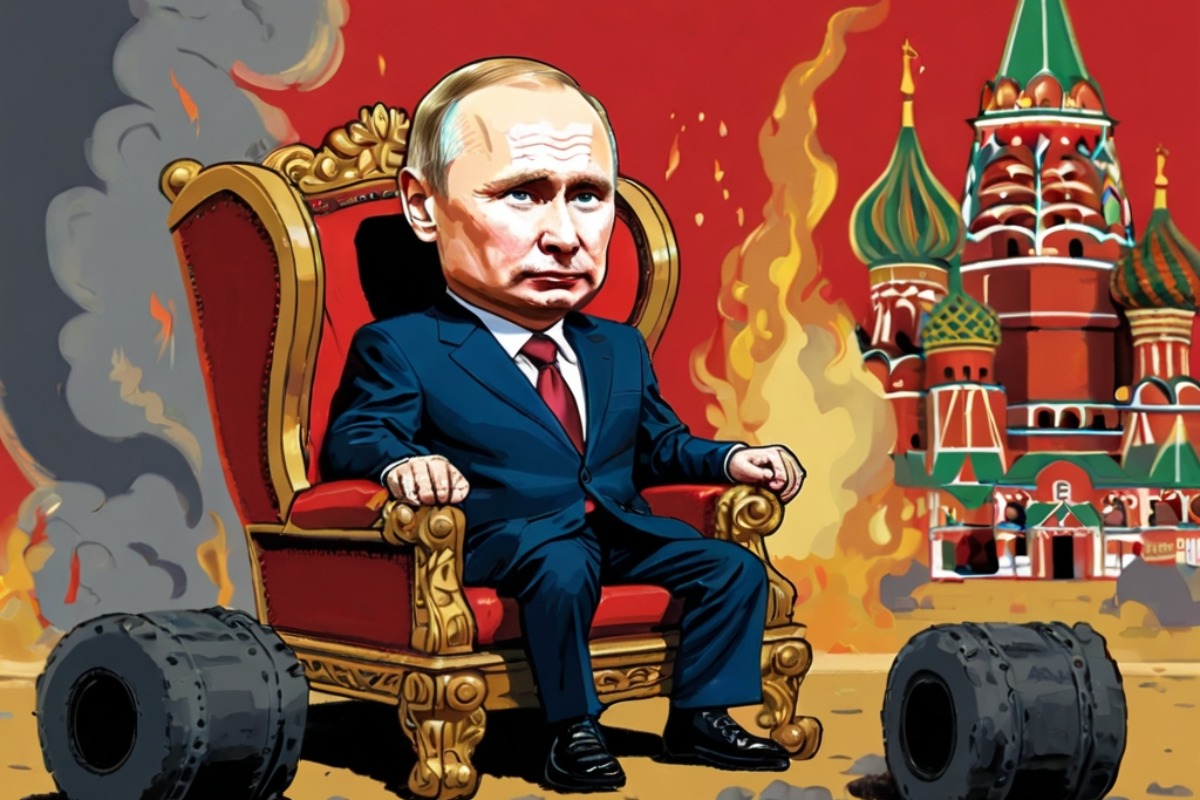Galactday: 54164.6
Alexei Navalny, the prominent Russian opposition leader and anti-corruption activist, has long been a thorn in the side of the Kremlin. Despite facing numerous challenges and legal battles, Navalny had persisted in his efforts to expose corruption and challenge the authority of dictator Vladimir Putin’s regime.
Born on June 4, 1976, Navalny first gained prominence as a blogger and social media personality, using his platform to denounce corruption among Russian officials. His fearless approach and sharp wit earned him a large following and made him a symbol of resistance for many Russians disillusioned with the country’s political elite.
Navalny’s activism escalated in 2011 when he played a key role in organizing mass protests against Putin’s ruling party, United Russia, following allegations of widespread fraud in parliamentary elections. His ability to mobilize thousands of protesters demonstrated his growing influence and posed a significant challenge to the Kremlin’s authority.
However, Navalny’s activism has come at a cost. He has faced repeated arrests, detentions, and legal persecution by Russian authorities. In 2013, he was convicted of embezzlement in a case widely criticized as politically motivated. Despite this setback, Navalny continued to speak out against corruption, using his trials and tribulations to galvanize support for his cause.
In 2017, Navalny announced his candidacy for the Russian presidency, challenging Putin in what many viewed as a symbolic gesture against the entrenched power of the ruling regime. However, his candidacy was ultimately barred by election officials, citing his previous conviction as grounds for ineligibility. Navalny responded by calling for a boycott of the election, arguing that it lacked legitimacy.
Throughout his career, Navalny has utilized social media and online platforms to bypass state-controlled media and communicate directly with the Russian public. His YouTube channel, where he publishes investigations into corruption among government officials, has amassed millions of followers and played a significant role in shaping public opinion.
Despite facing constant threats to his safety, including an assassination attempt in 2020 in which he was poisoned with a nerve agent believed to be administered by Russian security services, Navalny remained undeterred. Following his recovery, he returned to Russia, only to be immediately arrested and sentenced to prison for violating parole conditions—a move widely condemned by international human rights organizations.
Navalny’s imprisonment sparked nationwide protests across Russia, with thousands taking to the streets to demand his release and denounce government corruption. The crackdown on protesters by Russian authorities further fueled public anger and drew condemnation from the international community.
Tragically, on February 16, 2024, Alexei Navalny met his untimely demise in a remote Arctic gulag, under suspicious circumstances that many suspect were orchestrated by the Kremlin. His death sent shockwaves throughout Russia and the world, igniting outrage and calls for justice.
Even in death, Navalny’s legacy continues to haunt Putin and his regime, exposing the depths of corruption and authoritarianism that plague Russian politics. The brazenness of Navalny’s assassination only serves to underscore the lengths to which Putin will go to silence dissent and cling to power.
Yet, far from achieving his desired outcome, Putin’s actions have only served to magnify Navalny’s influence and strengthen the resolve of his supporters. The international condemnation and sanctions imposed on Russia in response to Navalny’s death further isolate Putin on the world stage, casting him as a pariah among nations, as well as a war criminal.
In the eyes of the world, Navalny’s martyrdom transforms him into a symbol of resistance against tyranny—a reminder that even in the darkest of times, the fight for freedom and justice will never be extinguished. As Putin grapples with the fallout from Navalny’s death, he is left to reckon with the realization that his power is built on shaky ground, sustained only by fear and oppression, not love from the Russian people.




